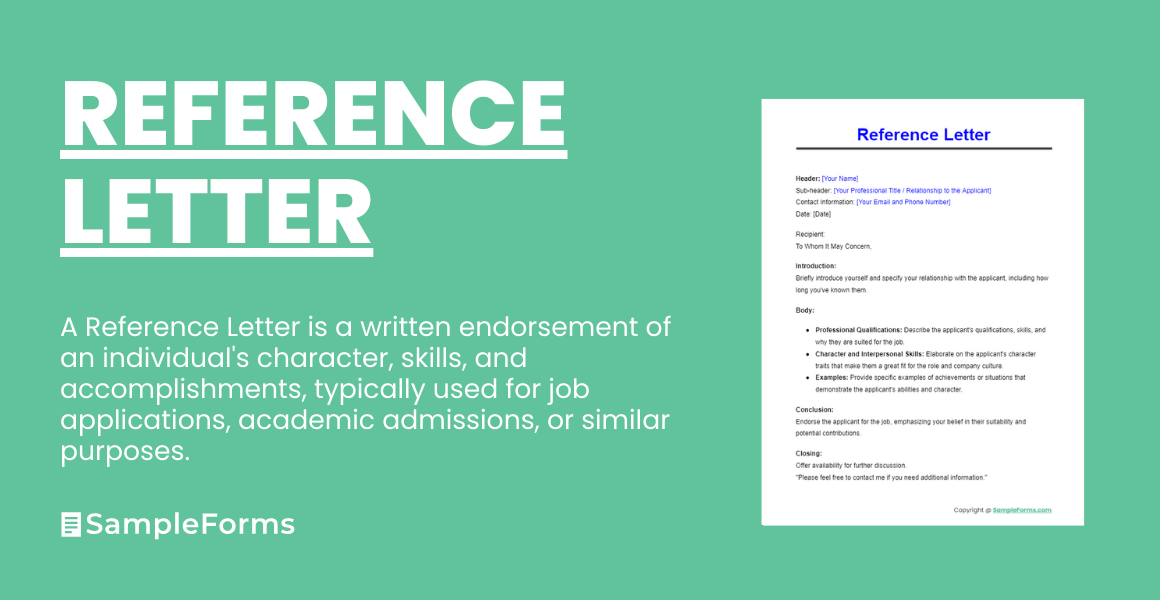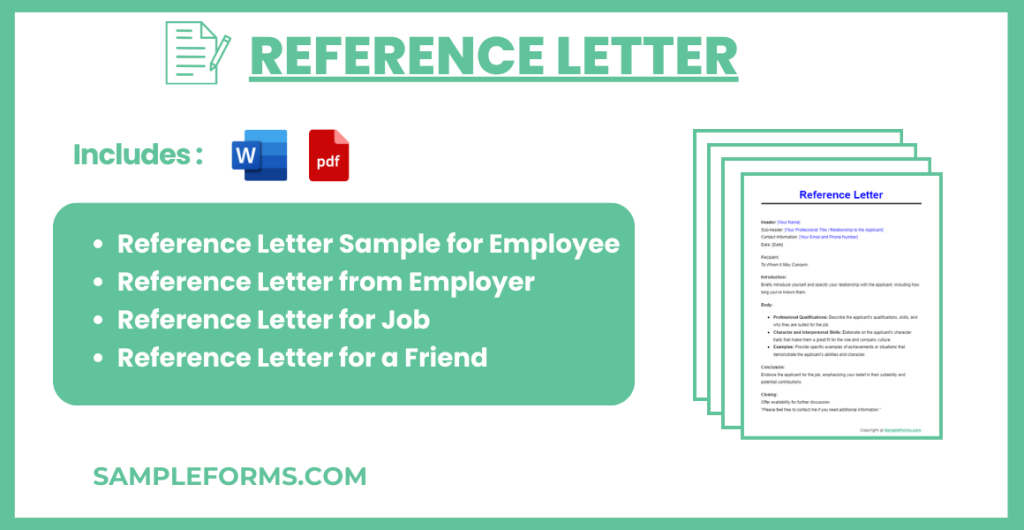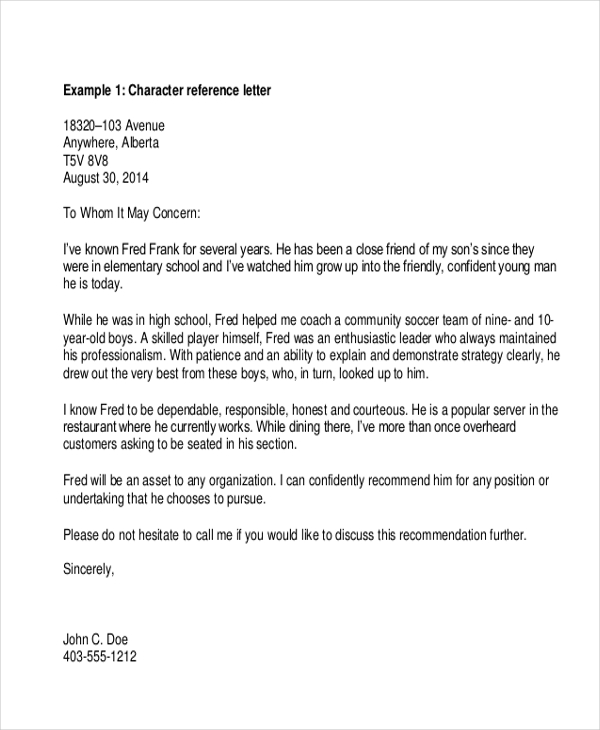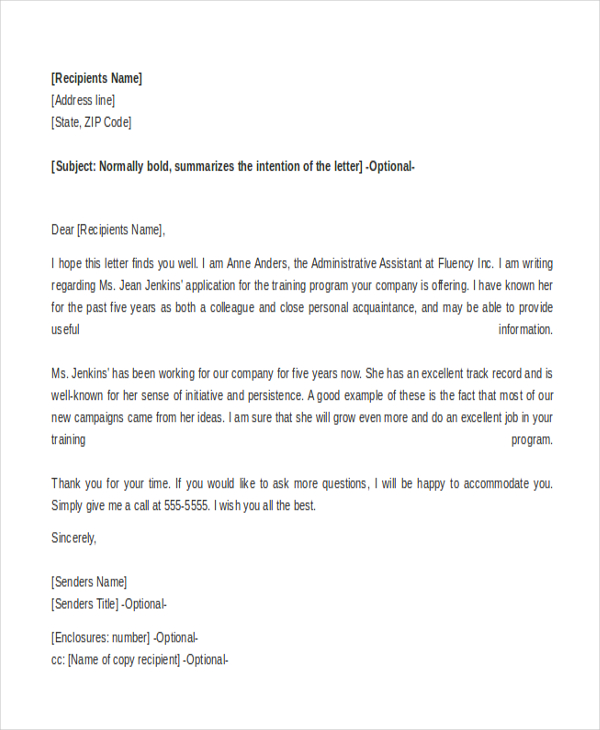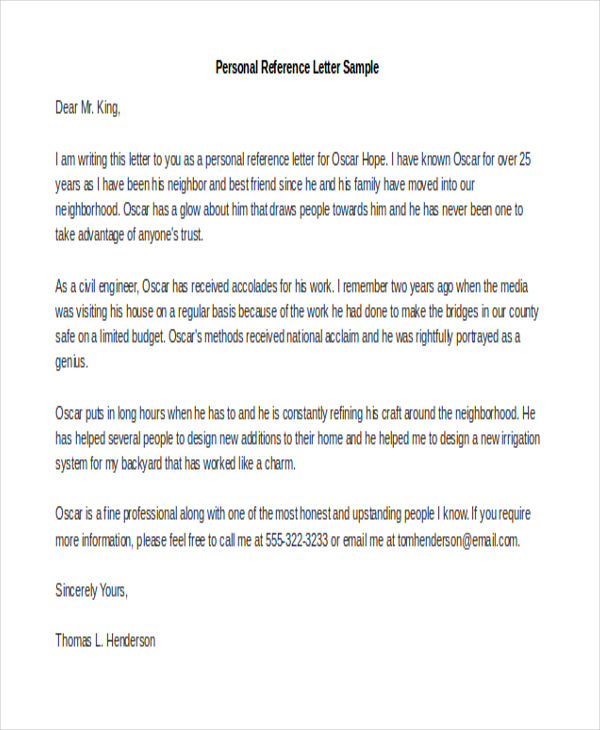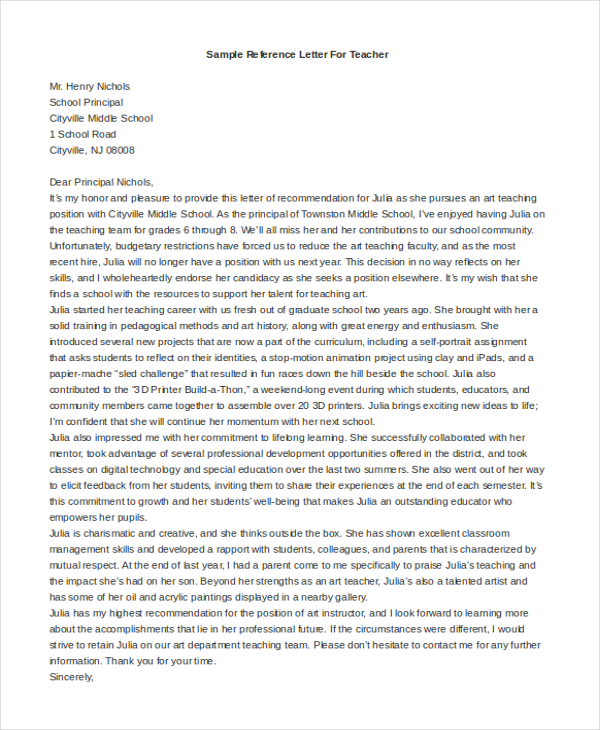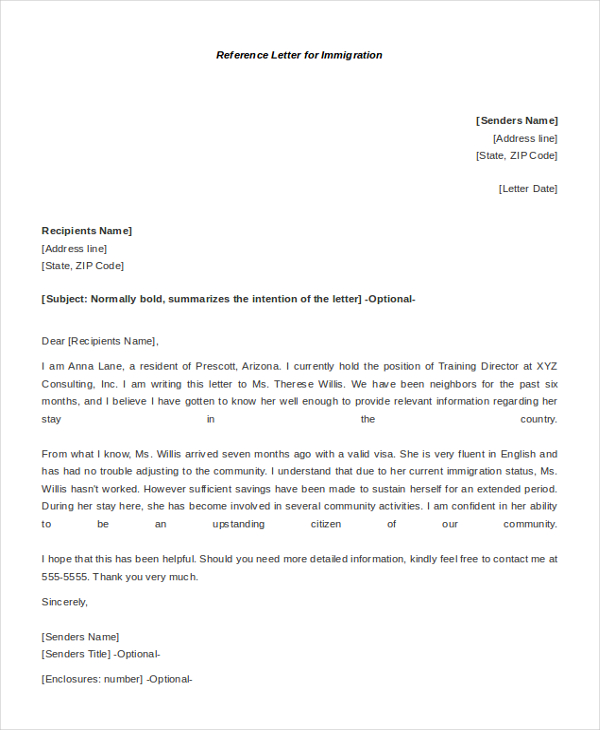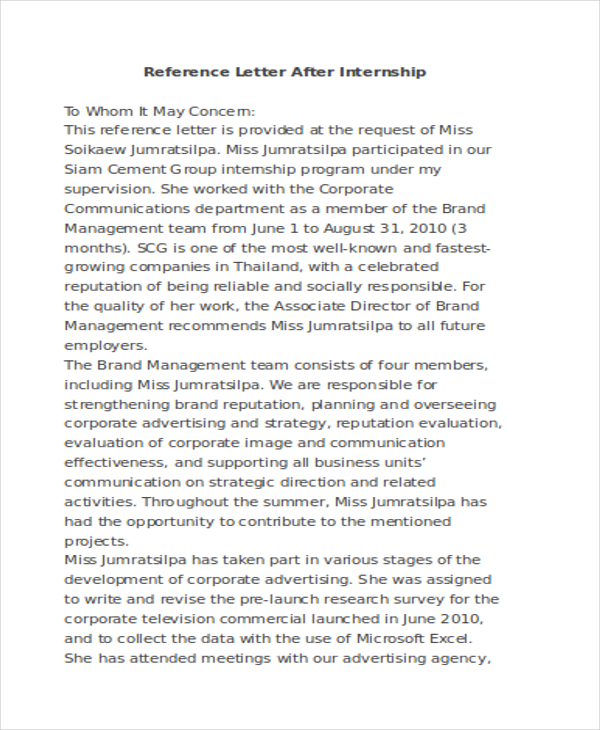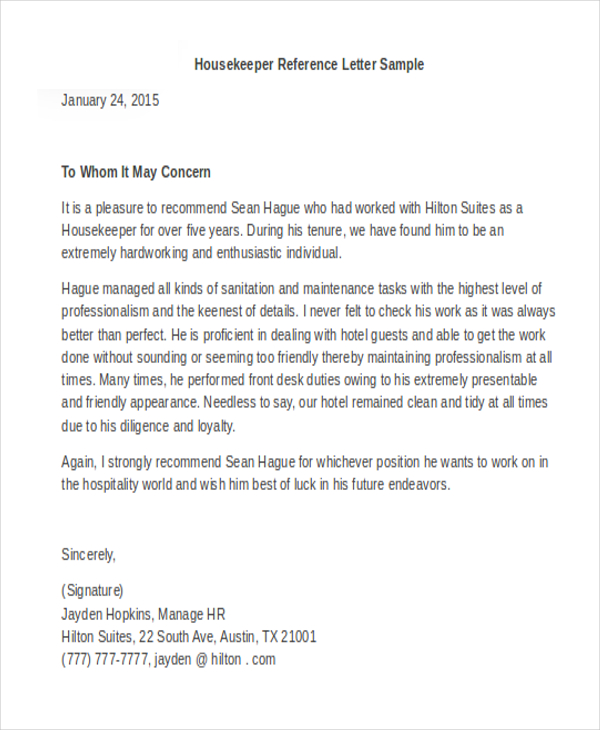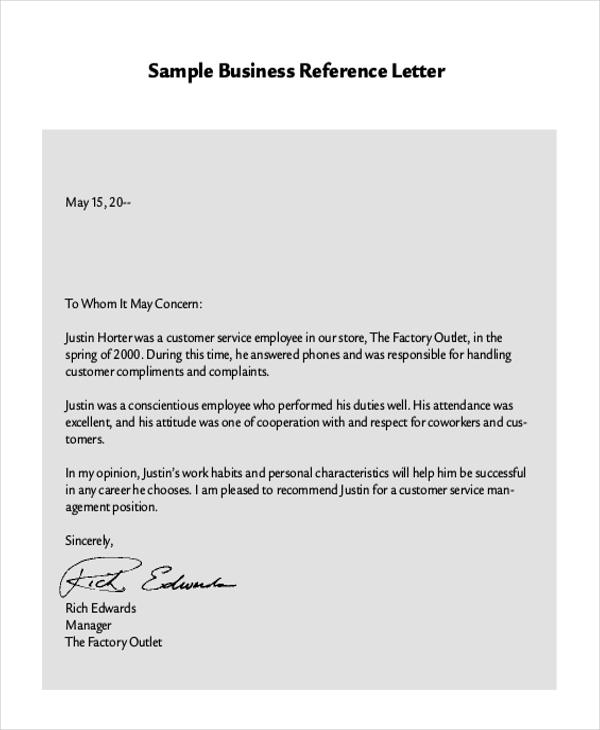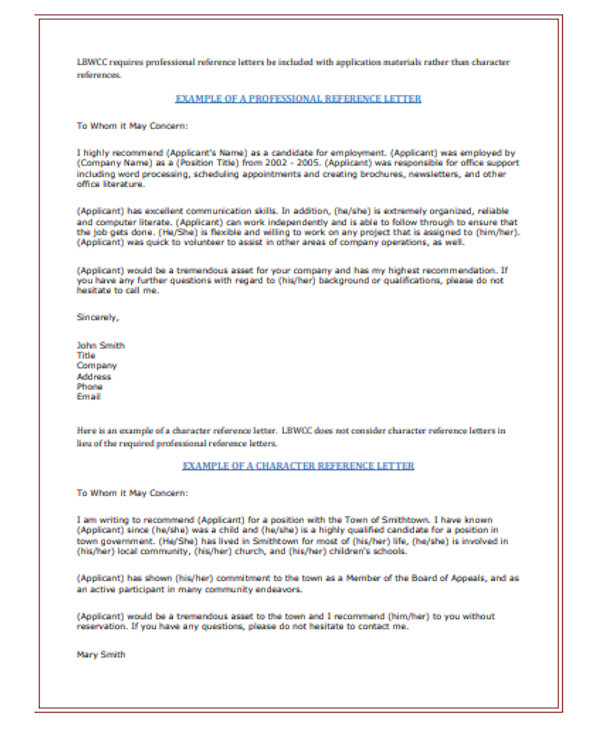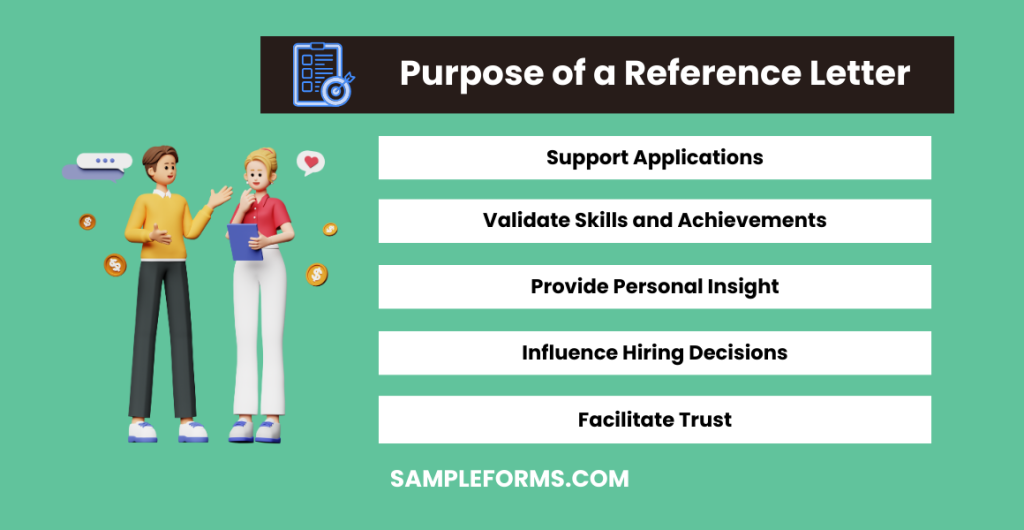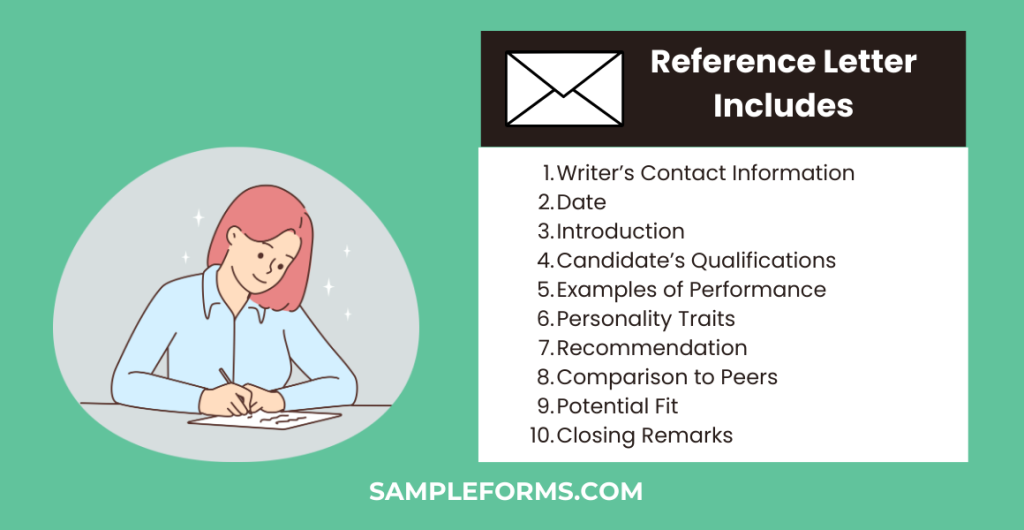Diving into the world of professional endorsements, our guide on Reference Letters offers a treasure trove of insights and examples. Whether you’re drafting a Letter of Reference for a colleague or seeking an Example Reference Letter for yourself, this resource is your one-stop-shop. Packed with content, it navigates you through the nuances of creating persuasive and authentic letters that capture the essence of the candidate’s character and achievements.
Download Reference Letter Bundle
What is Reference Letter?
A Reference Letter is a document that provides a professional endorsement of an individual’s skills, character, and accomplishments. Typically written by a previous employer, teacher, or professional mentor, it serves as a testament to the individual’s qualifications and suitability for a new role or opportunity. This letter plays a pivotal role in applications for jobs, academic programs, or other professional scenarios, acting as a crucial element in the decision-making process.
Reference Letter Format
Header:
[Your Full Name]
[Your Job Title]
[Your Company/Organization (if applicable)]
[Your Contact Information: Address, Phone Number, Email]
Date:
[Date of Writing]
Recipient Information (If known):
[Recipient’s Full Name]
[Recipient’s Job Title or Department]
[Recipient’s Company/Organization]
[Recipient’s Address]
Salutation:
Dear [Recipient’s Name] or To Whom It May Concern,
Introduction
- Sub-heading: Introduction
Briefly introduce yourself, your position, and your professional relationship with the candidate. State the purpose of the letter (to recommend the candidate) and your confidence in their abilities.
Body of the Letter
- Sub-heading: Overview of Qualifications
Detail the candidate’s relevant qualifications, skills, and contributions. Highlight specific achievements or experiences that demonstrate their suitability for the position or opportunity they are seeking. - Sub-heading: Personal Attributes and Skills
Elaborate on the candidate’s personal qualities, work ethic, and interpersonal skills. Provide examples where their character and dedication have positively impacted their work or team. - Sub-heading: Specific Examples and Successes
Offer specific anecdotes or instances where the candidate exhibited exceptional performance or made significant contributions, illustrating their potential value to the recipient.
Conclusion
- Sub-heading: Strong Endorsement
Conclude by summarizing your strong endorsement of the candidate. Emphasize their readiness for the opportunity and your belief in their continued success.
Closure:
Express your willingness to provide further information or clarification if needed. Include a polite closure and your availability for follow-up questions.
- “Please feel free to contact me at [Your Phone Number] or [Your Email] should you require any further information or clarification. I am more than happy to discuss [Candidate’s Name]’s qualifications and potential contributions in more detail.”
Signature:
[Your Signature (if sending a hard copy)]
[Your Typed Name]
[Your Job Title]
[Your Contact Information]
Reference Letter Sample for Employee
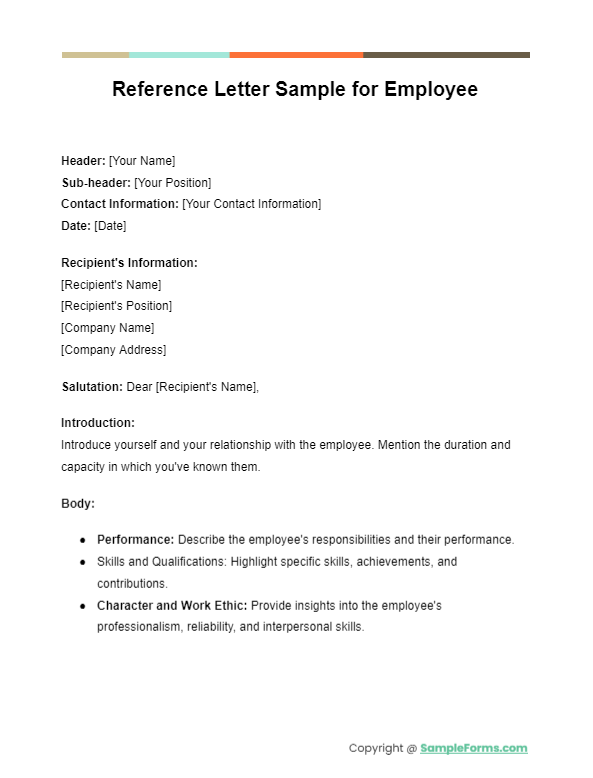
A Reference Letter Sample for Employee showcases an individual’s professional achievements and work ethic, paralleling a Job Recommendation Letter. It provides a comprehensive overview of the employee’s contributions, highlighting strengths and potential for future roles. You also check our Sample Letter.
Reference Letter from Employer
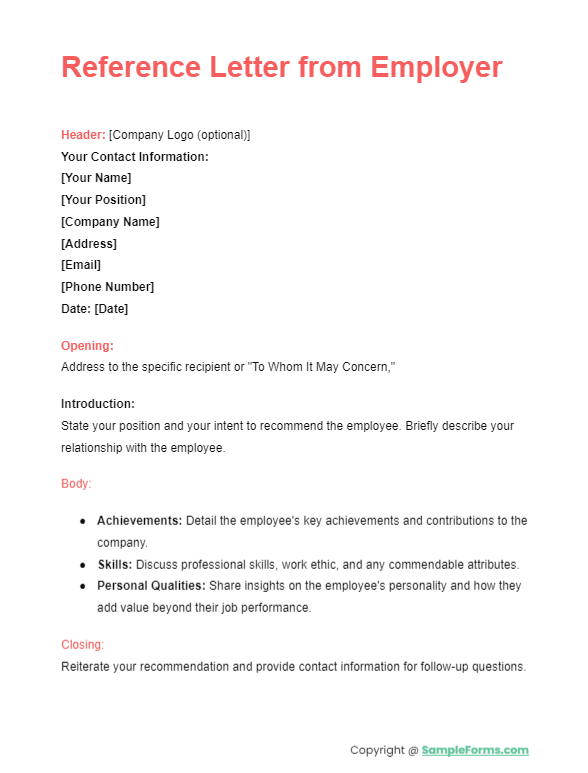
A Reference Letter from Employer serves as a powerful endorsement, similar to a Recommendation Letter from Employer. It details the employee’s accomplishments, skills, and work behavior, underscoring their suitability for new opportunities.
Reference Letter for Job
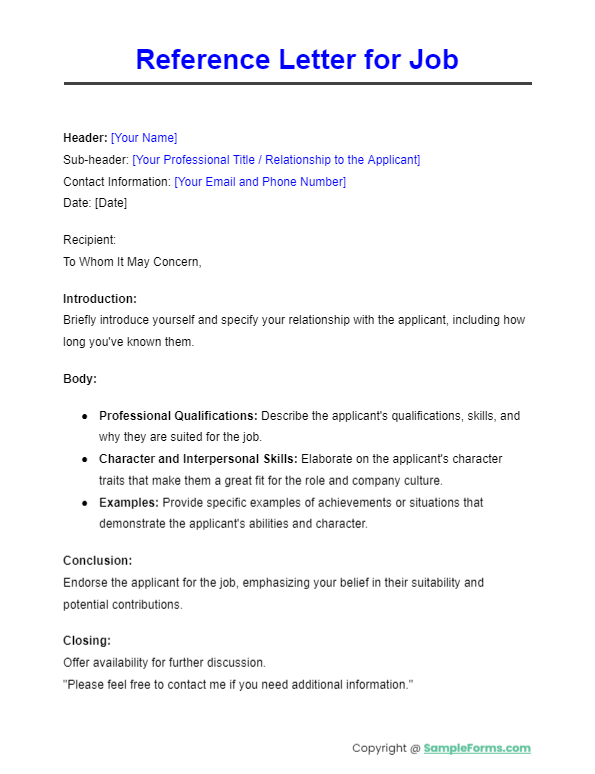
Crafting a Reference Letter for Job involves drawing parallels with a Letter of Recommendation for Employment, focusing on the candidate’s abilities and achievements within a professional context, and their potential impact in future positions.
Reference Letter for a Friend
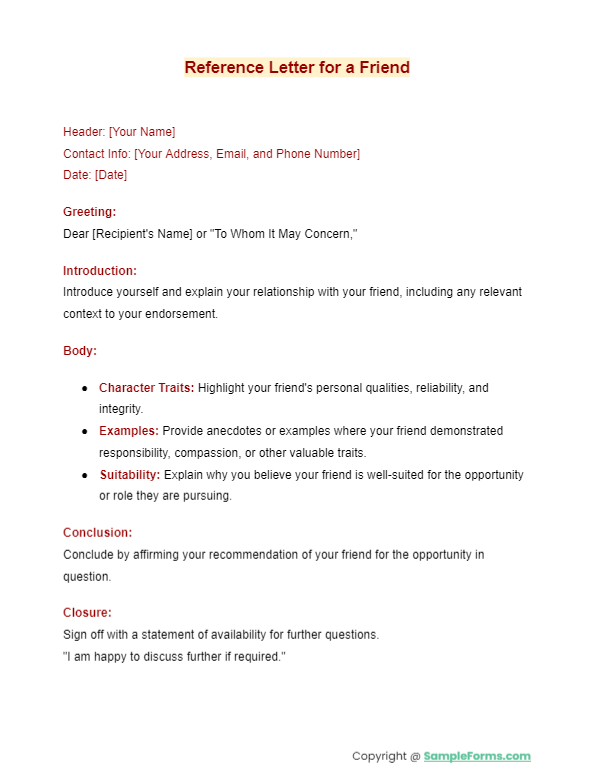
Sample Character Reference Letter
An employer may want to know whether an employee has had the best code of conduct in their previous company. You can us this Sample Character Reference Letter to write about a person’s character. You may also see Thank You for a Recommendation Letter.
Sample Personal Reference Letter For a Friend
A friend you know may ask you to help them get a job by writing them a recommendation letter to the boss. The benefit of the recommendation is that creates a good picture of your friend to the potential boss. Use this sample file to write the letter. You may also see Student Recommendation Letter.
Personal Reference Letter Sample
If you are an employee looking for a greener pasture outside your parent company and you would like to write a recommendation letter yourself, you can use this sample file to do so. You may also see Letter of Recommendation Format.
Sample Reference Letter For Teacher
Head teachers can use this sample document to write recommendation letters for teachers who would like to teach in different schools. The file is free to download and very easy to customize. You may also see Military Letter of Recommendation.
Reference Letter for Immigration
A reference letter for immigration is a note written to the immigration department to show that an individual mentioned in the letter has good conduct and thus qualifies to live in another country. You may also see Graduate School Recommendation Letter Document.
Reference Letter After Internship
Help a student or a graduate become an employee in a company of their choice by writing them a recommendation letter after an internship. This note can help them get a job from anywhere around them. You may also see Paralegal Recommendation Letter.
Reference Letter Housekeeper
If your housekeeper is loyal and looking for a different job, probably greener pasture, you can write a recommendation letter for them as evidence that they are good employees. Use this file for help.You may also see Eagle Scout Recommendation Letter.
Sample Business Reference Letter
Would you like to start a business with someone you feel has a good reputation on the market? You can ask them to submit their recommendation letter from their current or previous partners before making an agreement with them. You may also see Fraternity Recommendation Letter.
Simple Reference Letter
What is the Purpose of a Reference Letter?
- Support Applications: Enhances job, academic, or program applications by providing a third-party endorsement of the candidate’s abilities and character.
- Validate Skills and Achievements: Offers concrete examples of a candidate’s skills, achievements, and contributions to validate their qualifications.
- Provide Personal Insight: Gives insight into the candidate’s personality, work ethic, and suitability for the opportunity beyond what resumes or applications show.
- Influence Hiring Decisions: Aids decision-makers by offering an external perspective on the candidate’s potential fit within a company or academic program.
- Facilitate Trust: Helps establish trust between the candidate and the potential employer or admission committee by vouching for the candidate’s reliability and competence.
How do you Write a Reference Letter step by step?
Writing a Reference Letter involves several key steps to ensure it’s effective and meaningful:
- Introduction: Start with a formal greeting and state your relationship to the recipient, similar to a College Recommendation Letter.
- Statement of Recommendation: Clearly express your recommendation of the individual.
- Body Paragraphs: Detail the individual’s skills, achievements, and qualities, drawing parallels to a Recommendation Letter for Student, focusing on specific examples.
- Conclusion: Summarize why you believe the individual is suited for the opportunity, akin to the emphasis in a Recommendation Letter for Scholarship.
- Closing: Offer to provide further information if needed, include your contact details, and sign off formally.
What is an example of a Basic Reference Letter?
A basic Reference Letter typically includes:
- An introduction stating your relationship to the candidate.
- A section detailing the candidate’s strengths and achievements, similar to a Recommendation Letter Format.
- A closing statement endorsing the candidate for their new role or opportunity.
What are Positive Things to say about Someone for a Reference?
Positive attributes to highlight in a Reference Letter include:
- Professionalism and Reliability: Emphasize dependability, as seen in a Registered Nurse Recommendation Letter.
- Skills and Competencies: Highlight specific skills relevant to the opportunity, akin to an Internship Recommendation Letter.
- Leadership and Teamwork: Note any leadership roles or teamwork capabilities, paralleling a Physician Assistant Recommendation Letter.
- Adaptability and Problem-Solving: Discuss the individual’s ability to adapt and solve problems, essential for roles like those discussed in a Medical School Recommendation Letter.
How do you write a Short Personal Reference?
To write a Short Personal Reference:
- Introduction: Briefly state your relationship with the person.
- Personal Qualities: Highlight key characteristics and personal strengths, focusing on traits that would be relevant for a Character Reference for Court Recommendation Letter.
- Recommendation: Express your positive recommendation.
- Contact Information: Include your contact details for follow-up.
How to write a Letter of Reference for a Friend?
Writing a Letter of Reference for a Friend requires:
- Personal Introduction: Mention how long you’ve known the friend and in what capacity.
- Character Traits: Detail their positive traits and examples of their behavior, drawing on the intimacy of a Recommendation Letter for a Friend.
- Specific Examples: Provide anecdotes that showcase their qualities.
- Endorsement: Conclude with a strong endorsement of their character.
What are Useful Phrases for Reference Letters?
Useful phrases for Reference Letters include:
- “Consistently exceeds expectations.”
- “Demonstrates a high level of competence,” akin to phrases used in a Character Reference for Immigration Recommendation Letter.
- “Highly regarded by colleagues and supervisors,” reflecting sentiments similar to those in a College Recommendation Letter.
- “Possesses strong leadership skills,” a common praise in Recommendation Letter across various fields.
What Makes a Reference Letter Stand Out?
A Reference Letter stands out with personalized examples of achievements, specific traits related to an MBA Recommendation Letter, and sincere endorsements, demonstrating the candidate’s unique value and fit for the opportunity.
What are the Details that should be Included in a Reference Letter?
- Writer’s Contact Information: Name, position, and contact details.
- Date: When the letter was written.
- Introduction: Relationship between the writer and the candidate.
- Candidate’s Qualifications: Skills, achievements, and experience.
- Examples of Performance: Specific instances showcasing the candidate’s abilities.
- Personality Traits: Insights into the candidate’s character and work ethic.
- Recommendation: Explicit endorsement of the candidate.
- Comparison to Peers: Where the candidate stands in comparison to others.
- Potential Fit: Suitability for the position or opportunity.
- Closing Remarks: Summation and offer to provide further information.
What are Positive Qualities for Reference?
Positive qualities for a reference include reliability, professionalism, adaptability, leadership, akin to attributes highlighted in a Law School Recommendation Letter, and a strong work ethic, demonstrating the individual’s capacity for success.
What are Useful Phrases for Reference Letters?
Useful phrases for Reference Letters include “exemplifies strong leadership,” “highly reliable and dedicated,” and “possesses exceptional skills,” reflecting the comprehensive praise found in a Personal Recommendation Letter.
How do you Start and End a Reference Letter?
Start a Reference Letter with an introduction of your relationship to the candidate and their suitability for the position, similar to a Sorority Recommendation Letter opening, and end with a strong, personal endorsement and your contact information.
How long Should a Reference Letter be?
A Reference Letter should ideally be one page, concisely summarizing the candidate’s qualifications, character, and achievements, maintaining the brevity of a Cooking Recommendation Letter while providing ample detail.
How do you write a Strong Reference Letter?
Write a strong Reference Letter by focusing on specific achievements, personal anecdotes that demonstrate character, similar to the depth in a Tenant Recommendation Letter, and a clear, confident recommendation of the individual’s abilities.
Who Should Write a Reference Letter?
A Reference Letter should be written by someone who knows the candidate well, such as a former employer, teacher, or mentor, reflecting the trust and authority seen in a Military Recommendation Letter Form (DOC), who can provide detailed insights into the candidate’s abilities and character.
Related Posts
-
FREE 5+ Military Recommendation Letter Forms in MS Word | PDF
-
Physician Assistant Recommendation Letter
-
Legal Confirmation Letter
-
Nursing RN Resignation Letter
-
MBA Recommendation Letter
-
Security Deposit Return Letter
-
FREE 5+ Fraternity Recommendation Letters in PDF
-
Audit Response Letter
-
Medical School Recommendation Letter
-
Law School Recommendation Letter
-
FREE 9+ Paralegal Recommendation Letters in PDF | MS Word
-
FREE 9+ Professional Recommendation Letters in PDF | MS Word
-
FREE 5+ Employment Resignation Letters in PDF
-
Official Resignation Letter
-
Job Recommendation Letter
